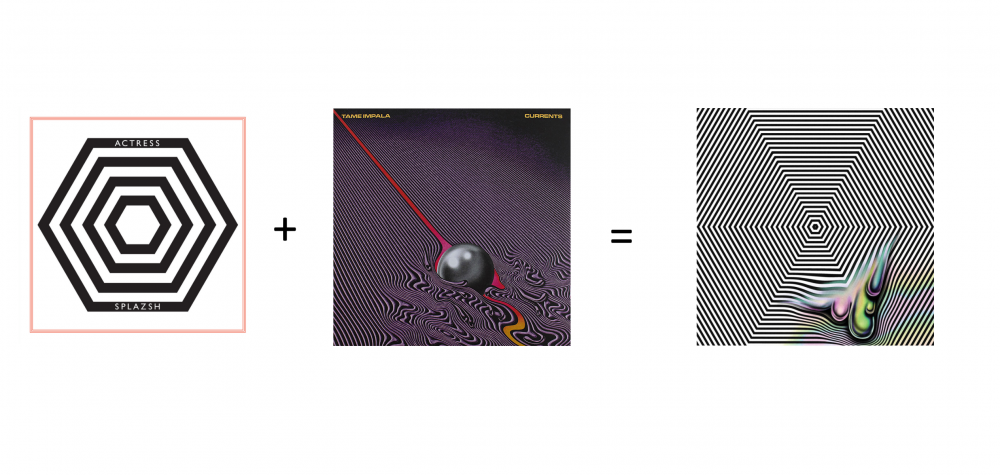version
Well-known member
He seems to talk about theory a lot more now. Maybe that's partly why the music's become more technical and sterile. He was heading in that direction around the time of R Plus Seven, but he was namedropping Kristeva in interviews once G.O.D. arrived,Yeah that's a cool video. I think he's genuienly fascinated by the unlocked possibilities of that style instead of getting bogged down in Baudrillian theory or something.
For me her whole thing in Powers Of Horror is that she’s pointing out this amazing thing about society, which is that although we try to constantly cover up the things that we find grotesque – abjection, excrement, our organs, whatever – we tend to put those in a category of morbid things. They don’t really necessarily have a productive place in society and yet we still have this thing that connects us, we still have this fascination with them. The example I always think about is when you blow your nose or sneeze and there’s that moment where you kind of want to look at the napkin or you do – everybody does it. So in a lot of ways for me this record is about that moment where you just look at the napkin and check it out for a second before you throw it in the trash. You’re kind of told in various stages of your life that you shouldn’t do that in different ways, but that primal feeling is who we are, it’s what the universe is, it’s a factor of life, and she just writes so poetically about that, the confusion between this ineffable, deeply expressive state that we’re bound to and this kind of boring one that we fall into line with, and how they kind of play with each other.

Oneohtrix Point Never unpicks the secrets of Garden Of Delete
Daniel Lopatin explains the fictional narrative he wove around his new album, from Ezra the teenage alien to hypergrunge pioneers Kaoss Edge.
 www.factmag.com
www.factmag.com

